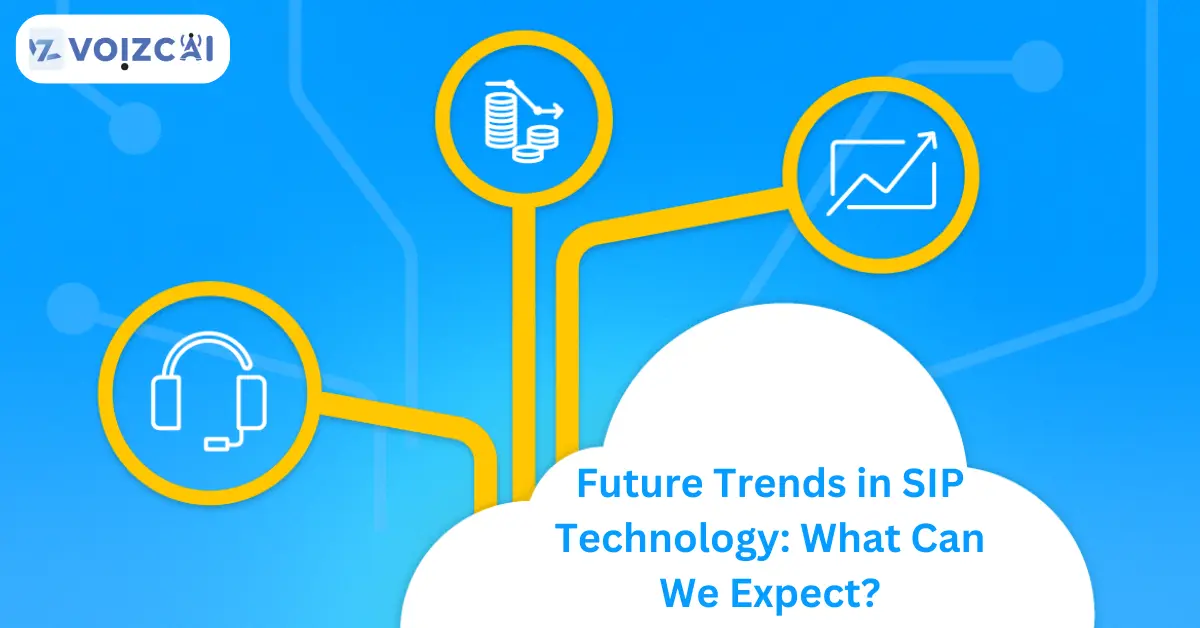


29/Feb/2024
As technology continues to advance, the future of Session Initiation Protocol (SIP) holds exciting developments that promise to reshape communication landscapes. Here's a glimpse into the anticipated trends in SIP technology and what businesses can expect.
1. Enhanced Security Protocols
As cyber threats evolve, future SIP technology trends will likely focus on bolstering security measures. Expect advancements in encryption, authentication protocols, and comprehensive security frameworks to ensure the protection of sensitive data transmitted through SIP.
2. Integration with Emerging Technologies
SIP's integration with emerging technologies like Artificial Intelligence (AI) and Machine Learning (ML) is on the horizon. This integration aims to enhance communication experiences by enabling intelligent call routing, voice recognition, and personalized interactions.
3. 5G Integration for Faster Connectivity
The rollout of 5G networks will significantly impact SIP technology, providing faster and more reliable connectivity. This integration will support high-quality voice and video calls, ensuring a seamless communication experience even in resource-intensive applications.
4. Improved Interoperability
Future SIP trends will prioritize improved interoperability among various communication platforms and devices. This ensures that SIP-enabled systems can seamlessly communicate with different protocols, fostering a more interconnected and accessible communication environment.
5. Advanced Multimedia Communication
Expect SIP technology to evolve beyond traditional voice calls to support advanced multimedia communication. This includes better video conferencing capabilities, multimedia file sharing, and interactive collaboration tools integrated directly into SIP-enabled systems.
6. Cloud-Based SIP Solutions
The future holds a shift towards cloud-based SIP solutions, offering businesses increased flexibility, scalability, and cost-effectiveness. Cloud integration allows for easier management, updates, and accessibility, empowering businesses to adapt to evolving communication needs.
7. IoT Integration for Unified Communication
The Internet of Things (IoT) will play a pivotal role in the future of SIP technology. SIP integration with IoT devices will enable unified communication between devices, creating a network of interconnected systems that can seamlessly exchange information.
In conclusion, the future trends in SIP technology promise a more secure, intelligent, and interconnected communication landscape. Businesses that stay abreast of these developments will be better positioned to leverage the full potential of SIP for enhanced communication and collaboration.